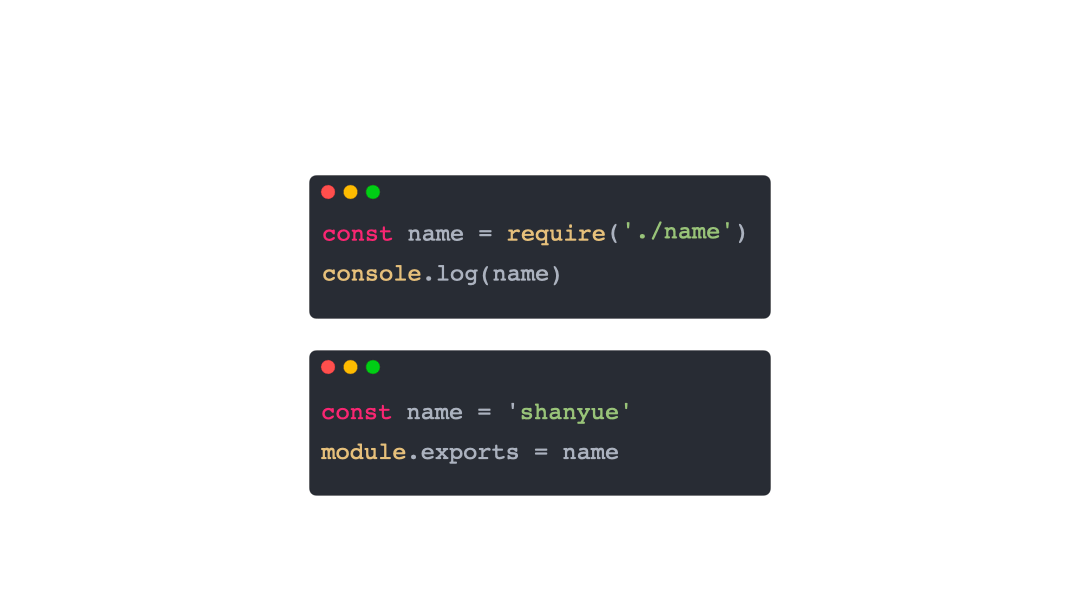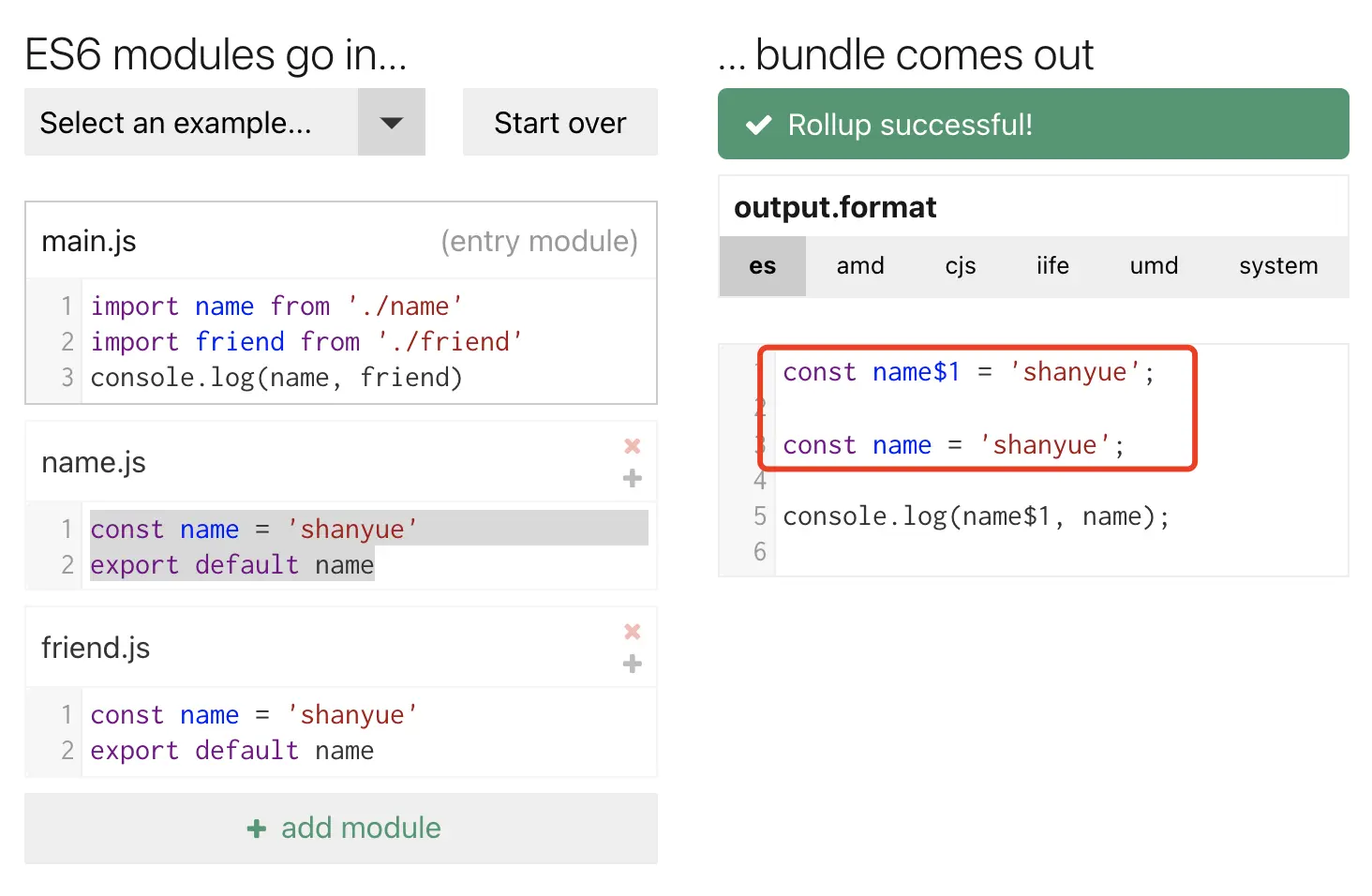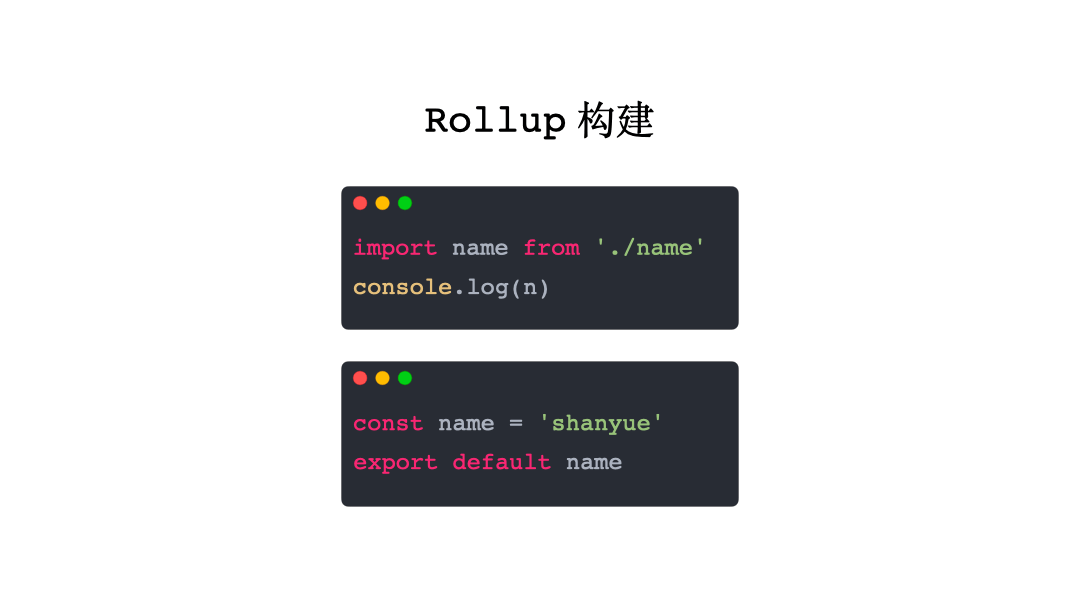webpack 的 runtime 做了什么事情
::: tip Issue 欢迎在 Gtihub Issue 中回答或反馈问题: Issue 729 (opens in a new tab) :::
::: tip Code 可点击此处查看示例或实践代码 (opens in a new tab) :::
::: tip 视频讲解
:::Webpack Runtime
webpack 的 runtime,也就是 webpack 最后生成的代码,做了以下三件事:
__webpack_modules__: 维护一个所有模块的数组。将入口模块解析为 AST,根据 AST 深度优先搜索所有的模块,并构建出这个模块数组。每个模块都由一个包裹函数(module, module.exports, __webpack_require__)对模块进行包裹构成。__webpack_require__(moduleId): 手动实现加载一个模块。对已加载过的模块进行缓存,对未加载过的模块,执行 id 定位到__webpack_modules__中的包裹函数,执行并返回module.exports,并缓存__webpack_require__(0): 运行第一个模块,即运行入口模块
另外,当涉及到多个 chunk 的打包方式中,比如 code spliting,webpack 中会有 jsonp 加载 chunk 的运行时代码。
以下是 webpack runtime 的最简代码,配置示例可见 node-examples (opens in a new tab)
/******/ var __webpack_modules__ = [
,
/* 0 */ /* 1 */
/***/ (module) => {
module.exports = (...args) => args.reduce((x, y) => x + y, 0);
/***/
},
/******/
];
/************************************************************************/
/******/ // The module cache
/******/ var __webpack_module_cache__ = {};
/******/
/******/ // The require function
/******/ function __webpack_require__(moduleId) {
/******/ // Check if module is in cache
/******/ var cachedModule = __webpack_module_cache__[moduleId];
/******/ if (cachedModule !== undefined) {
/******/ return cachedModule.exports;
/******/
}
/******/ // Create a new module (and put it into the cache)
/******/ var module = (__webpack_module_cache__[moduleId] = {
/******/ // no module.id needed
/******/ // no module.loaded needed
/******/ exports: {},
/******/
});
/******/
/******/ // Execute the module function
/******/ __webpack_modules__[moduleId](
module,
module.exports,
__webpack_require__
);
/******/
/******/ // Return the exports of the module
/******/ return module.exports;
/******/
}
/******/
/************************************************************************/
var __webpack_exports__ = {};
// This entry need to be wrapped in an IIFE because it need to be isolated against other modules in the chunk.
(() => {
const sum = __webpack_require__(1);
sum(3, 8);
})();对 webpack runtime 做进一步的精简,代码如下
const __webpack_modules__ = [() => {}];
const __webpack_require__ = (id) => {
const module = { exports: {} };
const m = __webpack_modules__[id](module, __webpack_require__);
return module.exports;
};
__webpack_require__(0);使用动画表示 Webpack 的输入输出:

Rollup
在 Rollup 中,并不会将所有模块置于 modules 中使用 Module Wrapper 进行维护,它仅仅将所有模块铺平展开。
试举一例:
// index.js
import name from "./name";
console.log(name);// name.js
const name = "shanyue";
export default name;在打包后,直接把所有模块平铺展开即可,可见实时示例 (opens in a new tab)
// output.js
const name = "shanyue";
console.log(name);对于 Rollup 这种方案,当两个模块中发生变量冲突如何解决?很简单,直接重新命名,看示例:

使用动画表示 Rollup 的输入输出:
